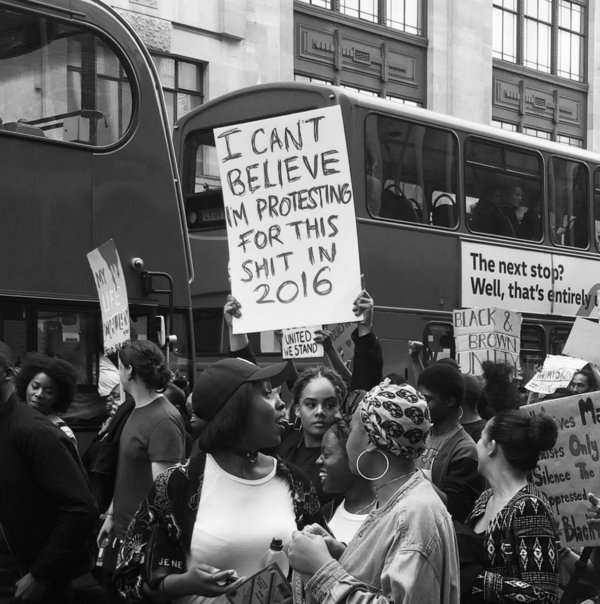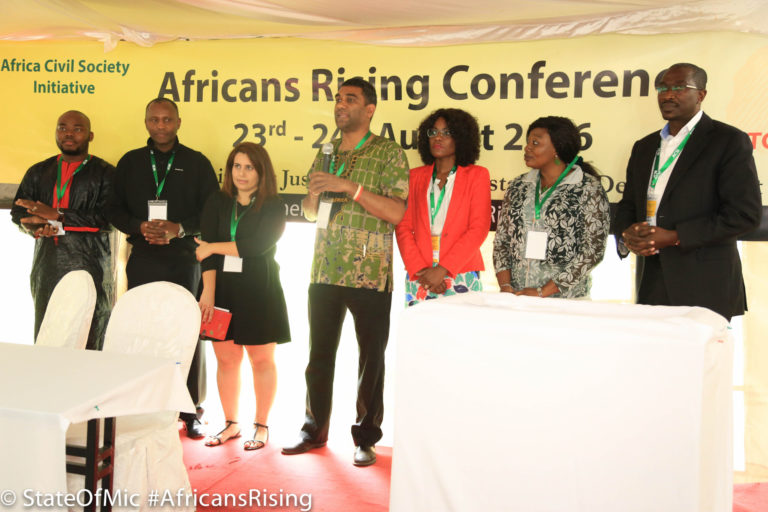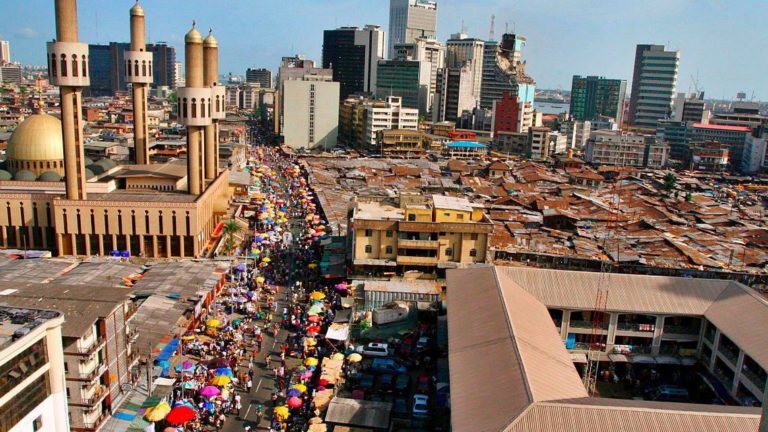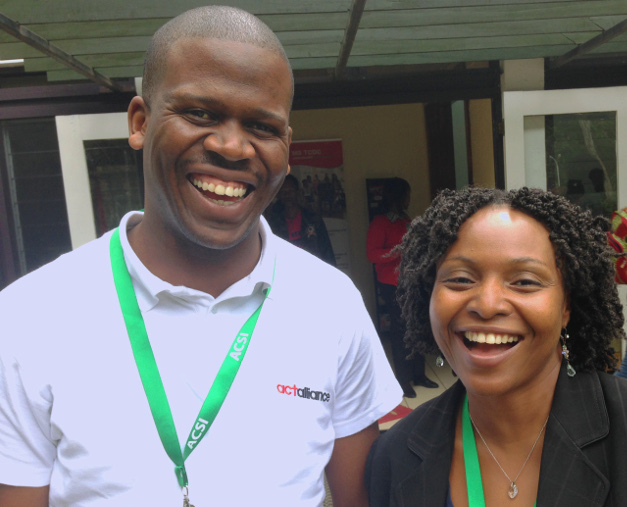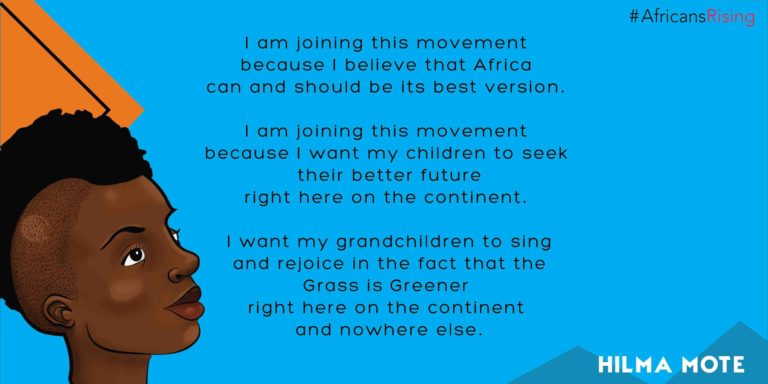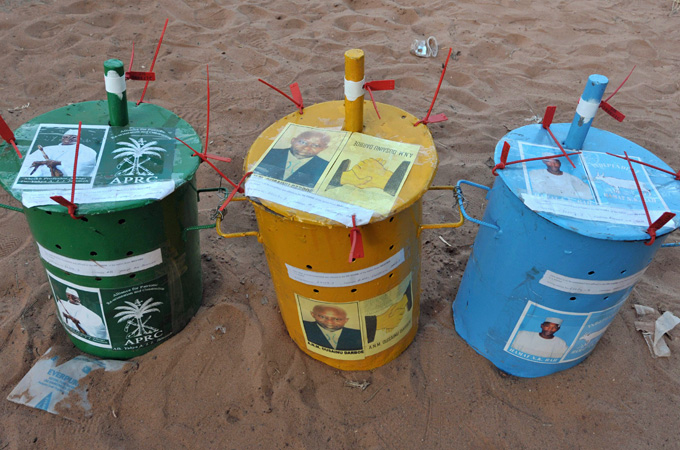 Recently St. Kitts and Nevis established diplomatic relations with Togo as part of the twin-island federation’s attempt to expand its diplomatic relations with African countries. Earlier this year representatives from the Caribbean Community (CARICOM) and the African Union (AU) met to discuss building ties between the Caribbean and Africa, but St. Kitts and Nevis’ recent actions regarding Togo raises the question of what type of bonds should African and Caribbean countries be building with each other? Does unity between the African diaspora and the African continent mean ignoring poor governance and dictatorships? Togo’s present government is the oldest military dictatorship on the African continent. This is a regime that has routinely engaged in imprisoning, torturing, and killing critics of the government. This is the type of government that St. Kitts and Nevis has opted to establish diplomatic ties with. When Winnie Mandela passed earlier this year, Prime Minister Timothy Harris of St. Kitts paid tribute to her contributions to the struggle against apartheid in South Africa, but this same admiration of African freedom fighters apparently does not extend to the many brave men and women that have risked their lives to oppose the dictatorship in Togo.
Recently St. Kitts and Nevis established diplomatic relations with Togo as part of the twin-island federation’s attempt to expand its diplomatic relations with African countries. Earlier this year representatives from the Caribbean Community (CARICOM) and the African Union (AU) met to discuss building ties between the Caribbean and Africa, but St. Kitts and Nevis’ recent actions regarding Togo raises the question of what type of bonds should African and Caribbean countries be building with each other? Does unity between the African diaspora and the African continent mean ignoring poor governance and dictatorships? Togo’s present government is the oldest military dictatorship on the African continent. This is a regime that has routinely engaged in imprisoning, torturing, and killing critics of the government. This is the type of government that St. Kitts and Nevis has opted to establish diplomatic ties with. When Winnie Mandela passed earlier this year, Prime Minister Timothy Harris of St. Kitts paid tribute to her contributions to the struggle against apartheid in South Africa, but this same admiration of African freedom fighters apparently does not extend to the many brave men and women that have risked their lives to oppose the dictatorship in Togo.We, in the diaspora, were very supportive of the liberation struggles against racist colonial regimes, but we have not been as supportive of the struggles against dictatorship and poor governance as we need to be. This was an issue that Eusi Kwayana and Horace Campbell raised when they wrote an article titled, “Pan-Africanists: Our collective duty to Zimbabwe.” In their article, the two criticized Pan-Africanists in the diaspora for supporting Robert Mugabe, while remaining silent about the abuses of power that were taking place in Zimbabwe under Mugabe’s presidency. They write: “One of the tragedies of the post-liberation Zimbabwean society was the massacre of thousands of citizens of the Southwestern region of the country. Progressive Pan Africanists were silent when these massacres of the Ndebele took place in the early eighties. We, by and large, ignored these atrocities in the interests of solidarity with the dominant force in the country, and the need to not to make too much of small skirmishes, lest we ‘play into the hands of imperialism.’”
Some of us in the diaspora believe that to express any type of criticism against an African government would help to promote the divide and conquer tactic that imperialists have been using against African people for centuries. Kwayana and Campbell, argued, that the best way to “keep the enemy at bay is to have a praxis of respect for all national forces and apply the highest principles of our culture as an indigenous method for the resolution of conflict.” They also argued that the international Pan-African movement would have actually helped Zimbabwe more by providing constructive criticism when the flaws in Mugabe’s government began to emerge.
Many of us in the diaspora admire the legacy of Nelson and Winnie Mandela, we have to understand that there are many men and women across the African continent that need the same support that South Africa received during its fight against apartheid. We in the diaspora were rightfully outraged over how Mandela and others in South Africa were imprisoned for daring to stand against injustices, but where is that same outrage over the political prisoners who are being held in countries such as Togo, Cameroon, Uganda, and Rwanda? In the 1970s and 1980s, various people in the diaspora called for the apartheid regime in South Africa to be boycotted and isolated, but the same outrage does not seem to apply to African dictators like Faure Gnassingbe.
Part of the problem is that many people in the diaspora who refer to themselves as Pan-Africanists really do not care about the liberation of African people. These are often people that have their own agenda. This is especially true of leaders in the Caribbean, many of whom have co-opted Pan-Africanism to help advance their own selfish political ambitions but have no serious regard for Africa or African people.
One example of this was Patrick Manning, a former prime minister of Trinidad and Tobago. Trinidad and Tobago annually celebrates Emancipation Day, which is the day that slavery in the British Caribbean was abolished. A number of African heads of states and other prominent individuals from Africa have visited Trinidad for this occasion. In 2007, Yoweri Museveni visited Trinidad for the Emancipation Day celebration. No concerns were expressed regarding the human rights situation in Uganda under Museveni’s presidency because the reality is that Prime Minister Manning was not interested in the political situation in Uganda. Prime Minister Manning was not even interested in promoting African culture in his own country. Manning chastised one of his political opponents for wearing a dashiki, implying that dashikis are a relic of the past that have no place in Trinidadian society. The irony of those comments is that Manning himself had worn a dashiki for the Emancipation Day celebration, but like so many Caribbean politicians, Manning was exploiting the Pan-African spirit of the Emancipation Day celebrations to help further his own political agenda. Manning did not truly care about promoting African culture in Trinidad, nor did he care about advancing Africa’s interests. Manning did not even apparently care about the suffering Africans in his own country despite the fact that many of his own citizens in Trinidad and Tobago live in poverty, Manning saw fit to use tax money to build himself a $244 million mansion.
In 2013, the government of South Africa decided to posthumously give the Oliver Tambo Award to Forbes Burnham, the former president of Guyana. This move created a bit of a controversy in the Caribbean, where Burnham’s legacy is a very controversial one. Burnham was the prime minister (later president) of Guyana from the 1966 Guyana’s independence until his death in 1985. During that period Guyana became one of the poorest countries in the Western hemisphere. Burnham maintained himself in power for as long as he did through rigging elections. Burnham also took steps to restrict press freedom in Guyana. Critics of Burnham’s regime were often harassed and mistreated by the government. Walter Rodney, who was the most prominent critic of Burnham’s government, was assassinated in 1980. Rodney was killed by an explosive device which was disguised as a walkie-talkie. The government never launched an investigation into Rodney’s death, although they claimed that Rodney had blown himself up with his own bomb. Dr. Rupert Lewis, who was among those who opposed this decision by South Africa, stated: “It is not that Burnham did not contribute to the anti-apartheid cause, but unlike other Caribbean political leaders of the time, he eliminated individuals in the political opposition within Guyana.”
As Lewis pointed out, Burnham did contribute to the anti-apartheid struggle—in fact, Burnham supported many struggles being fought on the African continent—but Burnham was also a dictator who resorted to rigging elections, stifling press freedom, and eliminating political opposition all in an attempt to retain his power in Guyana. Outwardly Burnham expressed support for the liberation struggles of African people in other parts of the world, but Burnham had little concern about the struggles of the African people in his own country.
As a Pan-Africanist, I would support any initiatives that are intended to unify Africans in the Caribbean with those on the African continent, but I also believe that any successful Pan-African movement has to be rooted in democratic values. Pan-African unity does not mean that we in the diaspora must remain silent about African governments that abuse their powers and exploit their own people. We also have to be very cautious about those leaders in the diaspora that try to exploit Pan-Africanism for their own selfish purposes.
-Dwayne Wong Omowale

